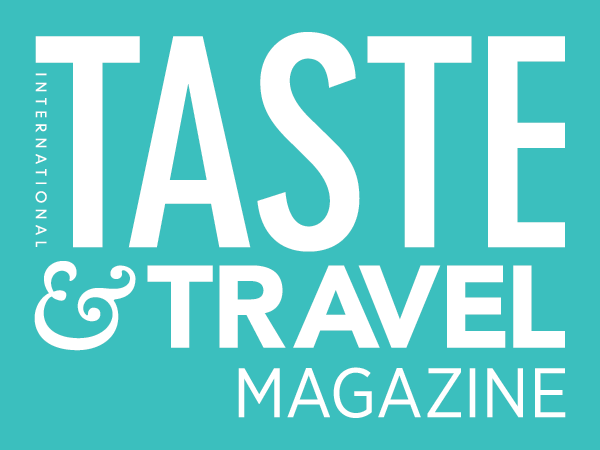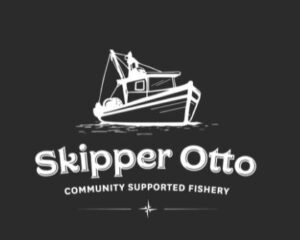In the 1960s Otto Strobel was one of the many independent fishermen earning a livelihood from the waters of the British Columbian coast. By the turn of the millennium however, the once robust fleet he was part of had been reduced to a skeleton crew of old men. Strobel considered giving up his lifelong occupation as it became difficult for him to break even in an industry rapidly becoming dominated by big business and aquaculture. But in 2008, Strobel’s family came up with an innovative solution to the problem – a CSA for seafood.
The idea of a Community Supported Fishery (CSF) came initially from Sonia Strobel, Otto’s daughter-in-law. Sonia had worked in a variety of community-based organizations and non-profits. She had also been a member of Community Supported Agriculture programs, in which members pay farmers up front for a share of the harvest, since the early 90s. When her husband Shaun returned to fishing in an attempt to help his father, she brought her knowledge of CSAs to the family business and together they established Skipper Otto Community Supported Fishery, the first of its kind in Canada and only the second in the world.
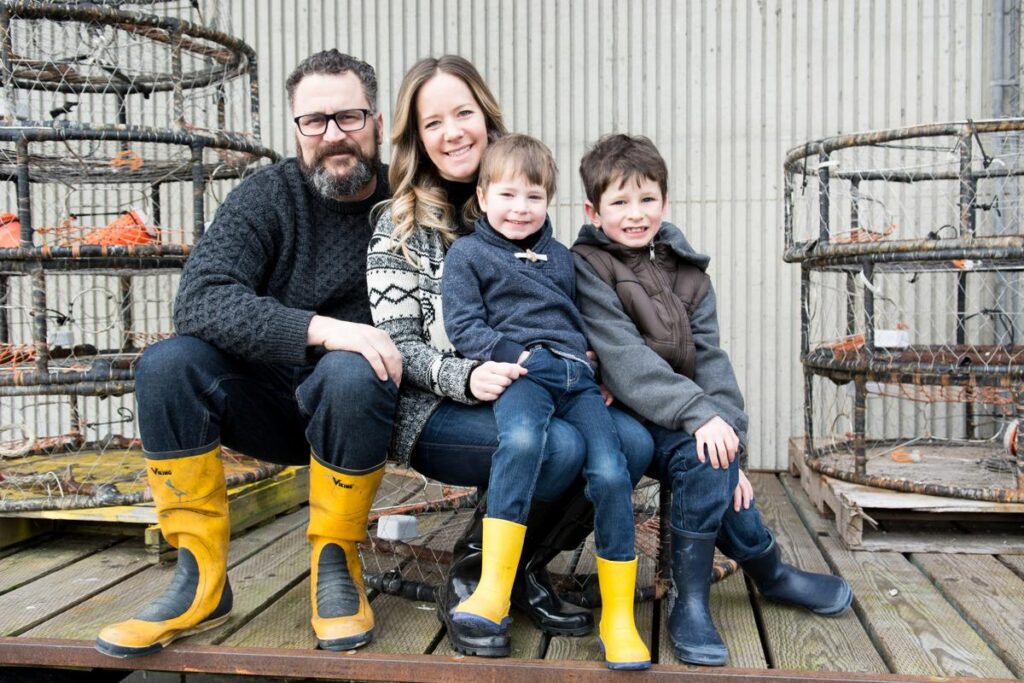
Skipper Otto works with multiple traditional fishing families in British Columbia, ensuring that independent, small-scale harvesters get a fair price for their catch and can continue to fish using the low-impact practices their fathers and grandfathers used before them. For consumers, it means the opportunity to enjoy sustainably caught Pacific Ocean seafood in premium condition, while helping to preserve precious marine ecosystems and enabling fishing families to stay in business.
Members sign up and pay before the season starts to secure a share of the harvest of wild, local, and sustainably caught species, including salmon, halibut, tuna, spot prawns and crab. Smoked and canned items are also available, along with dried seaweeds sustainably harvested in Haida Gwaii. Orders are shipped to pick-up locations from BC east as far as Ontario. The minimum suggested share for a person who eats fish once a month is $200/year. Unlike a farm CSA where members receive a mixed box of product each month, Skipper Otto’s members can place an order at any time throughout their membership year, buying only the kind of product they want.
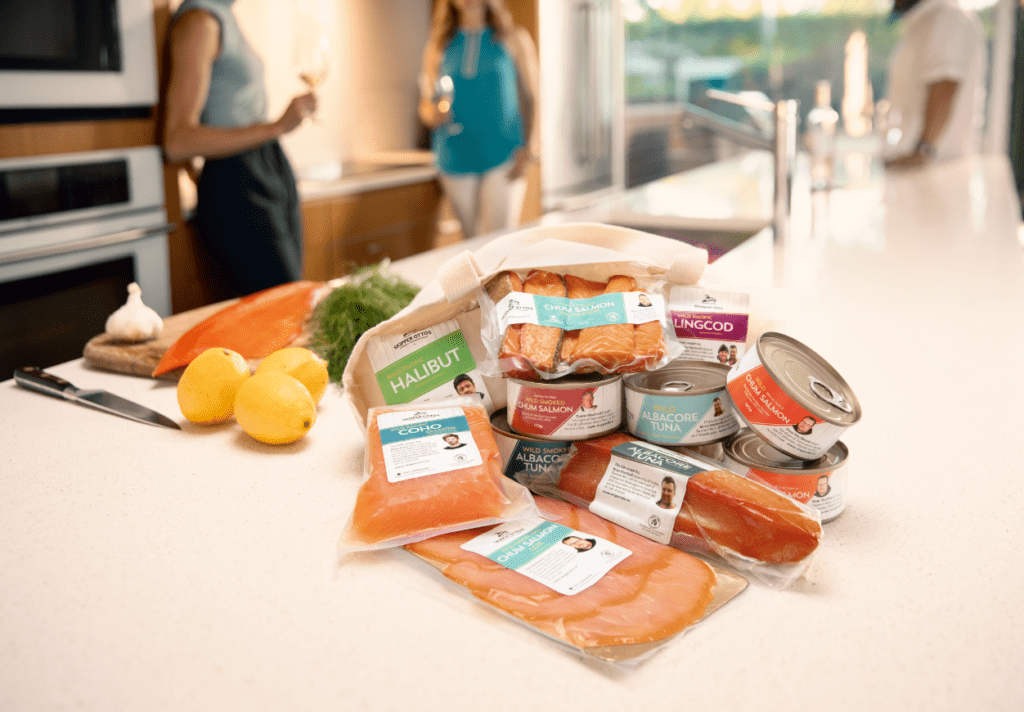
Another significant advantage of the Community Supported Fishery model is that the seafood is traceable. It is an unfortunate fact that there is a significant lack of transparency in the conventional fishing industry, with fish often sold as something other than what it is. Multiple studies have revealed the scope of the problem, including one conducted in 2019 by the University of Guelph that found that almost 40 percent of retail seafood was mislabeled, inside and outside of Canada. Sometimes fish are unintentionally misidentified as they travel along complex supply chains but there is also widespread intentional fraud. The ocean advocacy organization Oceana found that an incredible 74 percent of seafood incorrectly labelled is listed as a species that is less common and more expensive. Which means that those of us who buy and enjoy fish have no idea what is actually on our plate, or how much we should have paid for it. Worse still, nearly one-third of the mislabelled samples in the Oceana study were endangered, threatened or vulnerable species sold as species that are okay to eat.
The Oceanic Society, America’s oldest non-profit organization dedicated to ocean conservation, has identified many other problems associated with the fishing industry, including overfishing, habitat destruction, bycatch, and even slavery. But most importantly, seafood species are being extracted from the oceans faster than wild populations can replenish.
High standards of traceability and transparency are part of Skipper Otto’s ethos. Their seafood labels include the common and scientific names for the species as well as details about who caught the seafood and where, when and how they caught it. There’s even a photo of the fisherman (or woman) involved. The Strobel family is extremely selective about which fishers it works with, choosing those they know are reputable and have a personal connection with.
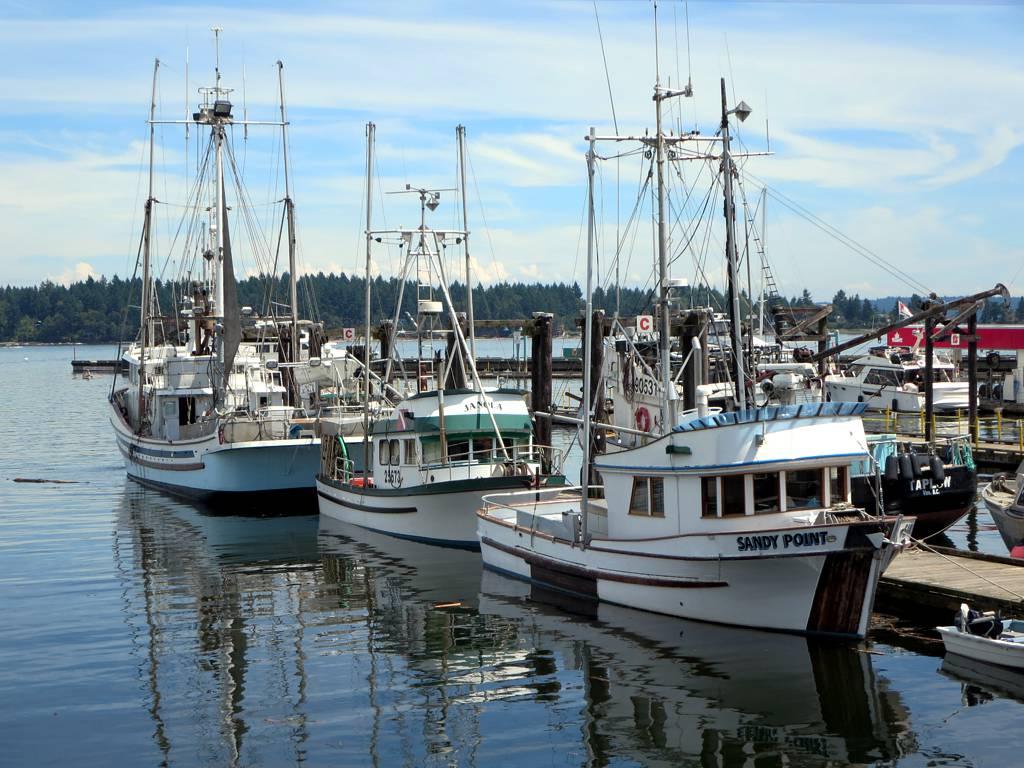
Skipper Otto helps members ‘eat with the ecosystem’ by explaining what the most abundant and sustainable choices each year are. Those choices can be difficult for consumers to make on their own. Sustainability of our seafood is determined in the first instance by Fisheries and Oceans Canada (DFO), which makes its decisions about what, where, and when Canadian fishers are allowed to fish. Conservation is DFO’s top priority, followed by food and ceremonial uses for Indigenous fishers, recreational fishing, and lastly, commercial fishing. Third-party watchdogs like Ocean Wise Seafood and the Marine Stewardship Council (MSC) keep an eye on DFO policy, to verify data, and to make recommendations about what species are the most sustainable choices for consumers.
But since fisheries science is complex and non-profit organizations don’t always have the resources to dig deep into the granular details of a specific fishery, Skipper Otto also employs their own in-house Sustainable Fisheries Researcher who helps seek out and interpret new data. Lastly, they look to their partner fishing families for traditional, multi-generational knowledge, boots-on-the-deck experience and recommendations for what are the most sustainable fisheries in their regions.
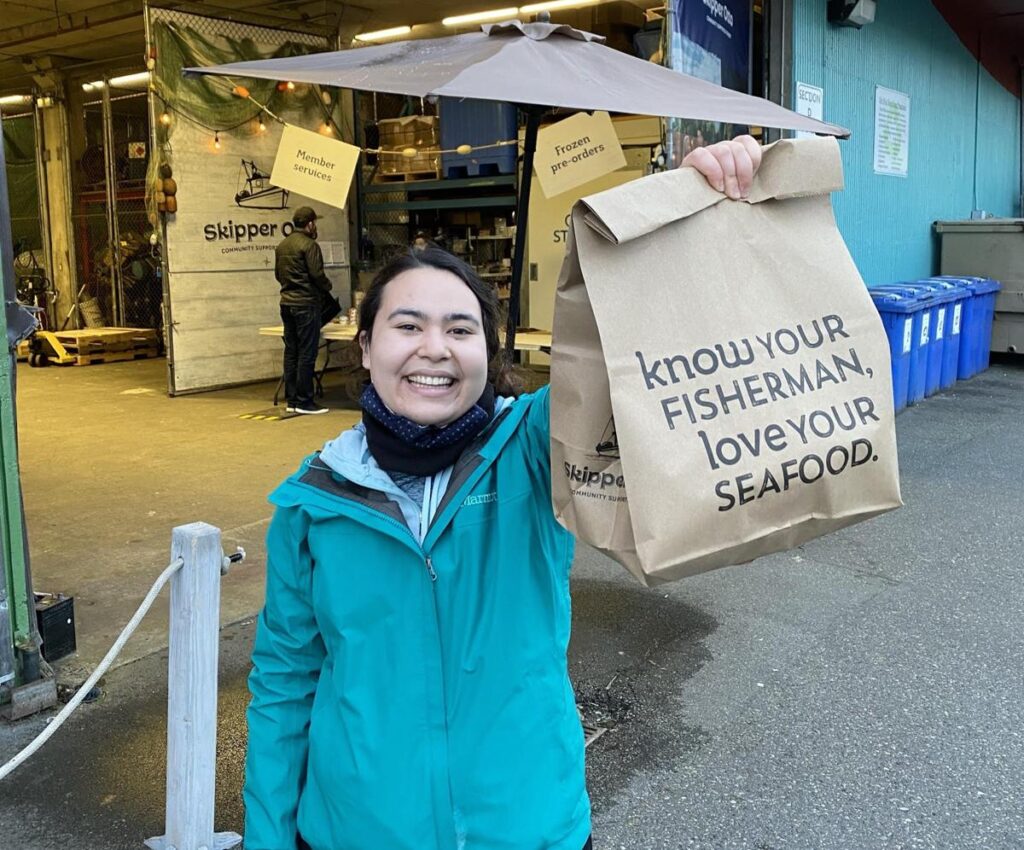
Since Skipper Otto was founded in 2008, dozens of Community Supported Fisheries have sprung up across North America and around the world, helping marine ecosystems recover from the effects of overfishing while enhancing the social, ecological, and cultural fabric of coastal communities. Clearly, there is a better way to catch fish. And for consumers, joining a CSF is a smarter, safer and more ethical way to buy and enjoy it.
Click here to see how we used Skipper Otto’s canned fish and sea vegetables in the Test Kitchen.
